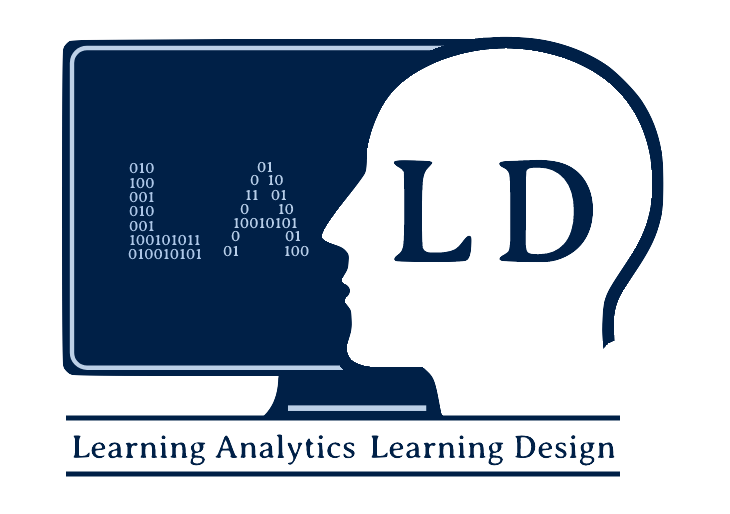Head of the lab: Associate Professor Ido Roll
Research goals and topics: How do people learn to learn? What is scientific thinking, how do collaborations develop, what characterizes productive failures, and what is creative problem solving? In this lab we study higher-order thinking skills. We try to understand and characterize how students can be supported so that they become better learners and scientists. This work has three aspects: understanding of the nature of these competencies, their assessment and measurement, and adaptive support. For this we use a variety of methods and epistemologies from the fields of education, artificial intelligence, data mining in learning, and cognitive science.
The basis for answering these challenges is the use of learning analytics and educational data mining techniques. The digital traces that students leave behind are used by us to identify study strategies, interpret students’ choices, and better understand their learning processes. With the help of these understandings we design adaptive learning experiences. Our work spans different time constants, from seconds (in computer simulations and games) to months (in online courses). The emphasis in all of these is empowering the learners and supporting human diversity.




